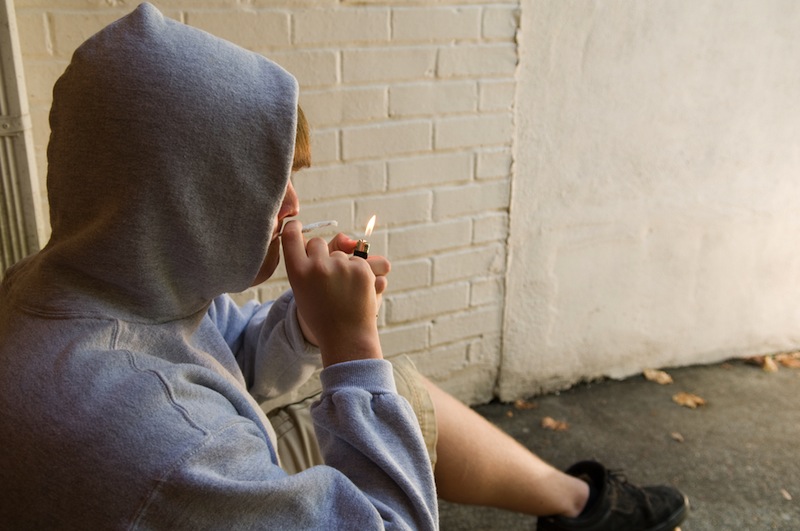
Get the world’s most fascinating discoveries delivered straight to your inbox.
You are now subscribed
Your newsletter sign-up was successful
Want to add more newsletters?

Delivered Daily
Daily Newsletter
Sign up for the latest discoveries, groundbreaking research and fascinating breakthroughs that impact you and the wider world direct to your inbox.

Once a week
Life's Little Mysteries
Feed your curiosity with an exclusive mystery every week, solved with science and delivered direct to your inbox before it's seen anywhere else.

Once a week
How It Works
Sign up to our free science & technology newsletter for your weekly fix of fascinating articles, quick quizzes, amazing images, and more

Delivered daily
Space.com Newsletter
Breaking space news, the latest updates on rocket launches, skywatching events and more!

Once a month
Watch This Space
Sign up to our monthly entertainment newsletter to keep up with all our coverage of the latest sci-fi and space movies, tv shows, games and books.

Once a week
Night Sky This Week
Discover this week's must-see night sky events, moon phases, and stunning astrophotos. Sign up for our skywatching newsletter and explore the universe with us!
Join the club
Get full access to premium articles, exclusive features and a growing list of member rewards.
People who take illegal drugs only on the weekend often wind up becoming daily users, new research suggests.
More than half of "recreational" drug users in the study, who initially reported using illegal drugs only on the weekends, were found to later be using drugs during the week too, according to a study published in the May/June issue of the journal Annals of Family Medicine.
The findings suggest that primary care doctors should check in with their patients who are recreational drug users, and not assume that this moderate use is benign, the researchers wrote in the paper.
Recreational use "frequently progresses into daily use, and warrants continued monitoring," study co-author Judith Bernstein, a professor of community health sciences at Boston University in Massachusetts, said in a statement.
Drug abuse has been associated with a host of serious health problems. Illegal drugs kill 250,000 people a year worldwide, through overdoses, accidents or violence caused by intoxication, or through chronic health conditions caused by drug abuse, according to a 2012 study in the journal The Lancet. [US States Ranked: How Commonly People Use Drugs to Alter Mood]
But the impact of recreational drug use may depend on the drug in question. A few studies have found that marijuana use early in life is linked to lower IQ later, but most of those studies fail to tease apart the difference between heavy and occasional use. In contrast, even occasional ecstasy use may impair memory, according to a 2012 study in the journal Addiction. And a few small studies have found that magic mushrooms and the hallucinogen ketamine may even have positive impacts on people with depression, anxiety or addiction.
To understand how people's use of drugs changes over time, Bernstein and her colleagues followed 483 people who, at their primary care checkups, had admitted to using illicit drug such as marijuana, cocaine or opioids in the past month. The weekend users in the study were more than twice as likely as frequent users to cite cocaine, rather than marijuana, as their drug of choice.
Get the world’s most fascinating discoveries delivered straight to your inbox.
About 11 percent of all the participants said they used drugs only on the weekends. But six months later, the picture changed. Of those who had originally used drugs on only Fridays, Saturdays and Sundays, 54 percent went on to use drugs during the workweek as well. Another 27 percent had quit altogether, while about 19 percent maintained their weekend-only schedule of drug use.
The findings suggest that at least some recreational drug use can escalate into more problematic behavior. Still, the study looked at a mostly inner-city population with recent drug use, and didn't evaluate drug use in relation to employment. So the findings may not be generalizable to other recreational drug users, the researchers noted in the study.
Follow Tia Ghose on Twitterand Google+. Follow Live Science @livescience, Facebook & Google+. Originally published on Live Science.

Tia is the editor-in-chief (premium) and was formerly managing editor and senior writer for Live Science. Her work has appeared in Scientific American, Wired.com, Science News and other outlets. She holds a master's degree in bioengineering from the University of Washington, a graduate certificate in science writing from UC Santa Cruz and a bachelor's degree in mechanical engineering from the University of Texas at Austin. Tia was part of a team at the Milwaukee Journal Sentinel that published the Empty Cradles series on preterm births, which won multiple awards, including the 2012 Casey Medal for Meritorious Journalism.
 Live Science Plus
Live Science Plus










